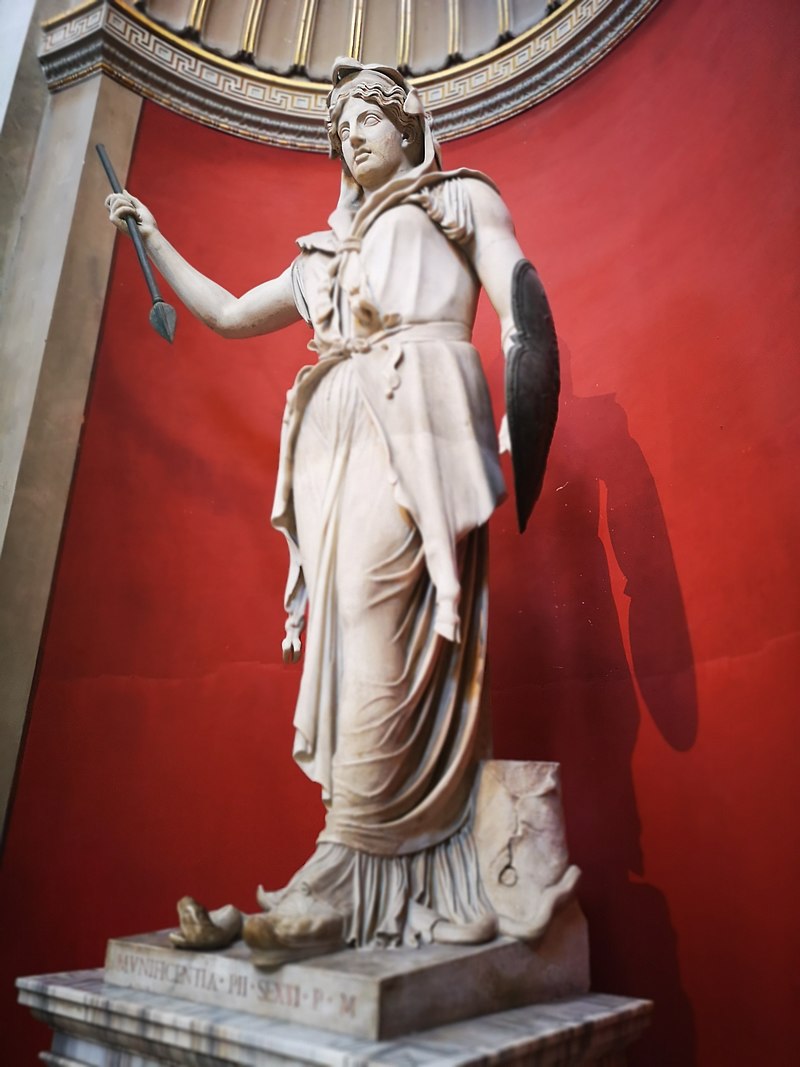Writing Wednesday – “Dubitante”
November 2, 2022The recent en banc vote in Wearry v. Foster featured discussion of a “dubitante” opinion filed by a panel member. Unfamiliar with the term, I learned from Wikipedia that this phrase has a long and distinguished – if somewhat obscure – history in judicial opinions as a way for a judge to note his or her doubts about the rule of decision.
I then consulted my friend Brent McGuire, the pastor of Our Redeemer Lutheran Church in Dallas, who gave me further detail:
“Dubitante would literally mean ‘having doubts’ or “with a wavering [mind].’ It’s the singular participial form of the verb dubitō, dubitāre, which means to doubt or to waver. But that ‘e’ ending means it’s the ablative case, which is basically the adverbial case, that is to say, the case the noun or adjective takes when used to describe in some way a verb, adjective, or other adverb.”
To illustrate its historical use, Pastor Maguire offered this epigram from Martial, found on the Tufts classical search engine:
which he translates roughly as:
Pastor Maguire explains: “Martial is telling the sculptor Polyclitus that his statute of Juno is so beautiful that Paris (at that most fateful beauty pageant on Ida) would have picked it over Venus (Aphrodite) and Minerva (Athena) without hesitation. Moreover, if Jupiter had not already fallen for his actual sister Juno, he would have fallen in love for Polyclitus’s statue of her.” Conversely, then, a “dubitante” judge may have joined Paris’s conclusion, but with nagging doubts about the eternal beauty of the goddesses.


